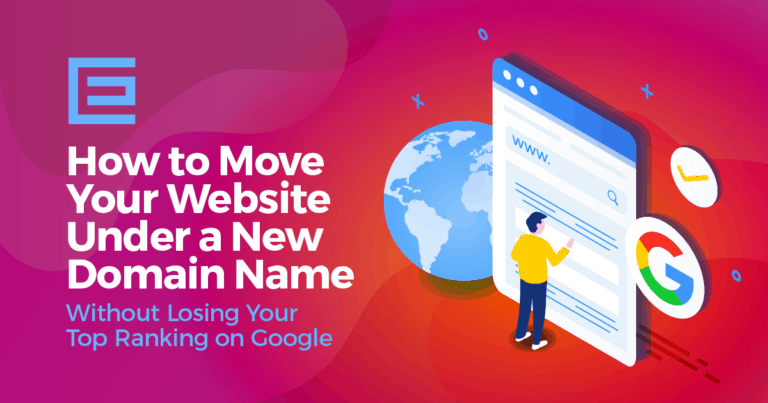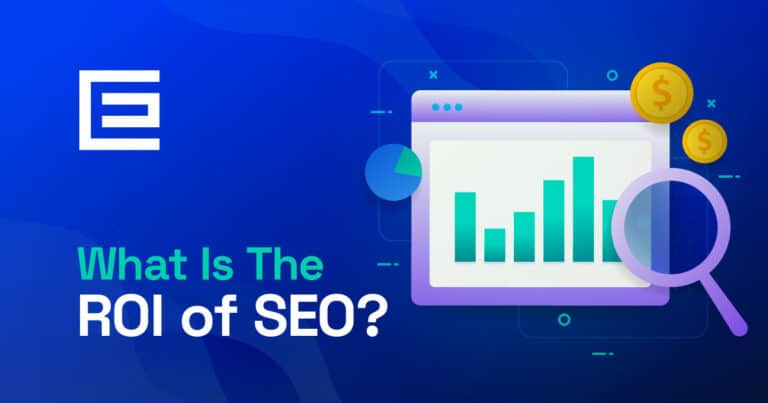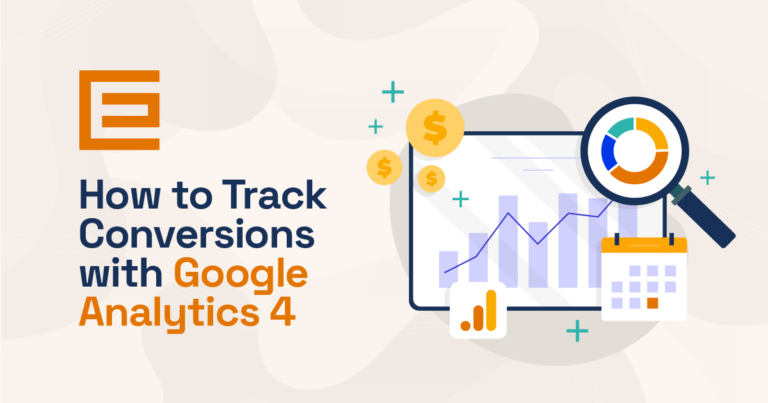In the digital age, Search Engine Optimization (SEO) has become a critical component of successful e-commerce businesses. SEO is the process of enhancing a website’s visibility on search engines like Google, thereby driving more organic traffic and potential customers to your online store.
The Importance of Keyword Research
One of the cornerstones of effective SEO is keyword research. This involves identifying the words and phrases that potential customers are using to search for products or services like yours.
- Finding effective keywords: This requires understanding your industry, your competitors, and most importantly, your customers. Tools like Google’s Keyword Planner can help you identify high-volume, low-competition keywords that can drive traffic to your site.
- The role of long-tail keywords: These are longer, more specific keyword phrases that visitors are more likely to use when they’re closer to the point of purchase. Incorporating long-tail keywords into your SEO strategy can help you attract more qualified traffic, leading to higher conversion rates.
Site Architecture and User Experience
The structure of your website, also known as site architecture, plays a significant role in both SEO and user experience.
- Importance of a user-friendly site: A well-designed, easy-to-navigate website not only helps users find what they’re looking for more quickly but also makes it easier for search engines to crawl and index your site.
- The role of simple URL structure: Clean, descriptive URLs can improve your site’s search visibility while also enhancing user experience. A URL that clearly indicates the page’s content (e.g., www.yourstore.com/women-shoes) is more informative and user-friendly than a non-descriptive one (e.g., www.yourstore.com/product123).
On-Page SEO Strategies
On-page SEO refers to the practice of optimizing individual web pages on your site to rank higher and earn more relevant traffic in search engines.
- Optimizing product pages to improve ranking: Each product page on your site is an opportunity to attract potential customers. By optimizing these pages with relevant keywords, compelling product descriptions, and high-quality images, you can improve their visibility in search engine results.
- Writing unique and thoughtful product descriptions: Your product descriptions should not only be informative but also unique and engaging. Duplicate content can harm your SEO, so it’s important to write original descriptions for each product.
- Meta data optimization: Meta titles and descriptions play a crucial role in SEO. They provide search engines with information about the content of your page, and they’re also what users see in search engine results. A well-crafted meta title and description can improve your click-through rate.
Avoiding Duplicate Content
Duplicate content can negatively impact your site’s SEO, as search engines may struggle to decide which version of a piece of content is more relevant to a given search query. This can lead to a lower ranking for both pieces of content.
To avoid this, ensure that each page on your site has unique content. This includes product descriptions, blog posts, and even meta data. If you have similar products, resist the temptation to copy and paste the same description across multiple pages. Instead, take the time to write unique descriptions for each product. This not only improves your SEO but also provides a better shopping experience for your customers.
The Role of Content Marketing in SEO
Content marketing is a powerful tool in your SEO arsenal. By creating and sharing valuable content, you can attract and engage your audience, build trust and credibility, and improve your website’s visibility in search engine results.
- Blogging as an SEO strategy: Regularly publishing high-quality blog posts on your website can help you rank for a wider range of keywords, attract more inbound links, and establish your brand as an authority in your industry. Each blog post is a new page for search engines to index, and a new opportunity to target a specific keyword or topic.
Link Building Strategies for E-commerce
Link building is another crucial aspect of SEO. It involves acquiring hyperlinks from other websites to your own, which can improve your site’s authority and visibility in search engine results.
- Using strategic keywords in anchor text: The clickable text in a hyperlink, known as anchor text, can influence how search engines perceive the linked page. Using keywords in your anchor text can help improve the linked page’s ranking for those keywords.
- Adding internal links to relevant products, categories, and resources: Internal linking helps search engines understand the content and structure of your website, and can also improve user experience by making it easier for visitors to navigate your site.
Understanding and Implementing Structured Data
Structured data is a standardized format for providing information about a page and classifying its content.
- How schema markups help Google and users understand content: Schema markup is a form of structured data that can help search engines better understand your content and display it more prominently in search results. For e-commerce sites, this could include information like product ratings, prices, and availability.
The Importance of Page Speed Optimization
Page speed is a critical factor in both SEO and user experience. Slow-loading pages can lead to higher bounce rates, lower conversion rates, and poorer search engine rankings. Tools like Google’s PageSpeed Insights can help you identify and address issues that may be slowing down your site.
Conversion Rate Optimization (CRO) and SEO
Conversion Rate Optimization (CRO) involves improving your website to increase the percentage of visitors who complete a desired action, such as making a purchase. While SEO drives traffic to your site, CRO helps ensure that this traffic translates into conversions.
Conclusion: The Future of SEO for E-commerce
As the digital landscape continues to evolve, so too will the world of SEO for e-commerce. Staying abreast of the latest trends and best practices, from mobile optimization to voice search, will be key to maintaining a competitive edge.
FAQs
What are the top 5 SEO strategies?
The top five SEO strategies include keyword research, on-page optimization, content marketing, link building, and technical SEO (including page speed optimization and structured data).
What is the most important thing when doing SEO for an ecommerce site?
The most important thing when doing SEO for an ecommerce site is to focus on the user. This includes providing high-quality, relevant content, ensuring a seamless user experience, and optimizing your site for speed and mobile usability.
What is an effective SEO strategy?
An effective SEO strategy involves a combination of on-page and off-page SEO techniques, including keyword research, content creation, link building, and technical optimization.
How does SEO work for ecommerce?
SEO for ecommerce works by improving a website’s visibility in search engine results, thereby driving more organic traffic to the site. This involves optimizing the site’s content and structure, building high-quality inbound links, and ensuring
Tags: Ecommerce • Our Favorites • Search Engine Optimization








